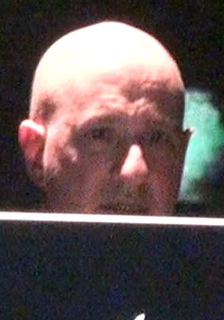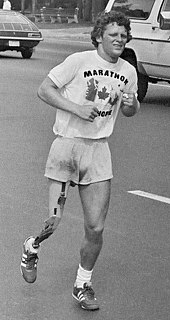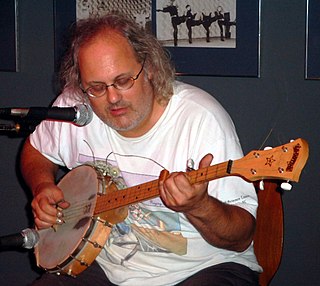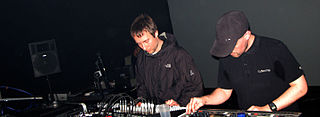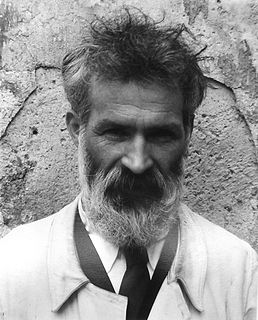A Quote by Bruce Nauman
But part of the enjoyment I take in it is finding the most efficient way to do it, which doesn't mean the corrections aren't made. I like to have a feeling of the whole task before I start, even if it changes.
Related Quotes
The most difficult part of writing a book is not devising a plot which will captivate the reader. It's not developing characters the reader will have strong feelings for or against. It is not finding a setting which will take the reader to a place he or she as never been. It is not the research, whether in fiction or non-fiction. The most difficult task facing a writer is to find the voice in which to tell the story.
Songs start with my bringing in the basic riffs for what you might call a verse and a chorus, an A and a B part...whatever. And sometimes a C and even a D. That's kind of the easy, or at least easier part. The hard part is finding that special, perfect way to order things - how many times to do A before B and back and how the second verse differs from the first. That's all we got.
I guess that one of the most important things I've learned is that nothing is ever completely bad. Even cancer. It has made me a better person. It has given me courage and a sense of purpose I never had before. But you don't have to do like I did...wait until you lose a leg or get some awful disease, before you take the time to find out what kind of stuff you're really made of. You can start now. Anybody can.
But if you do know what is taught by plants and weather, you are in on the gossip and can feel truly at home. The sum of a field's forces [become] what we call very loosely the 'spirit of the place.' To know the spirit of a place is to realize that you are a part of a part and that the whole is made or parts, each of which in a whole. You start with the part you are whole in.
It is Chairman Mao who should be held primarily responsible for the Great Leap Forward. But it didn't take him long - just a few months - to recognize his mistake, and he did so before the rest of us and proposed corrections. And in 1962, when because of some other factors those corrections had not been fully carried out, he made a self-criticism. But the lessons were not fully drawn, and as a result the "Cultural Revolution" erupted.
"Pieces" almost always appear 'as parts' in whole processes. ... To sever a "'part" from the organized whole in which it occurs-whether it itself be a subsidiary whole or an "element"-is a very real process usually involving alterations in that "part". Modifications of a part frequently involve changes elsewhere in the whole itself. Nor is the nature of these alterations arbitrary, for they too are determined by whole-conditions.
[I]t just makes me tired even thinking about it. It reminds me of that feeling I had before I left. Like my lungs were made of lead. Like I can't even think about starting to care about anything. Like I either wish that they were all dead, or I was, because I can't stand the pull of all that history between us. That's before I even pick up the phone. I'm so tired I never want to wake up again. But I've figured out now that it was never them that made me feel that way. It was just me, all along.
When I start, I have a feeling for the characters, and maybe the shape of the story. Sometimes I might even have the last sentence in mind. But, no book I've ever written has ever ended the way I thought it would. Characters disappear, others come forward. Once you start writing, everything changes.
There was a part, you know, obviously there was a part of the whole I military experience that you know like hooks right into the whole boyhood experience that that you know most American boys have growing up, you know, which is proving your manhood by proving how hard you are, by proving that you can take it.


